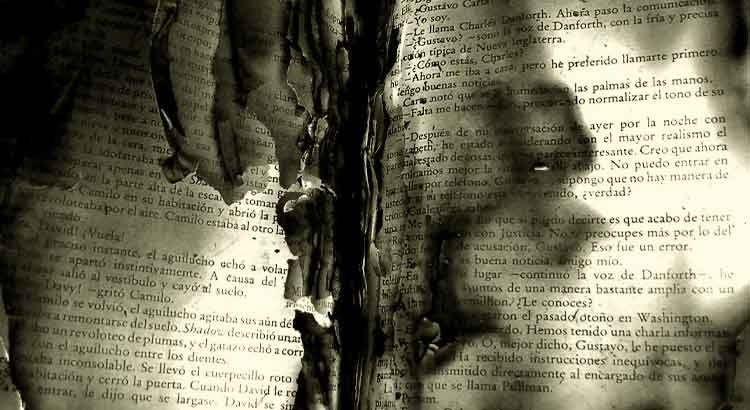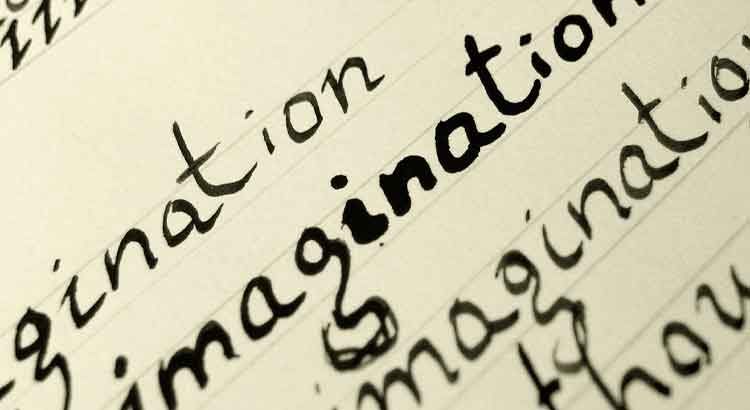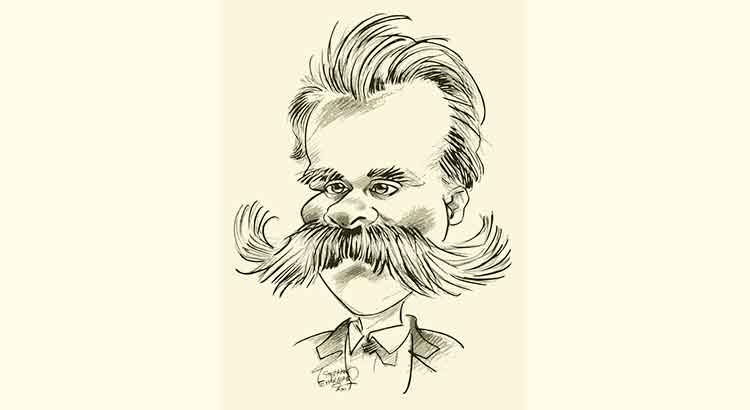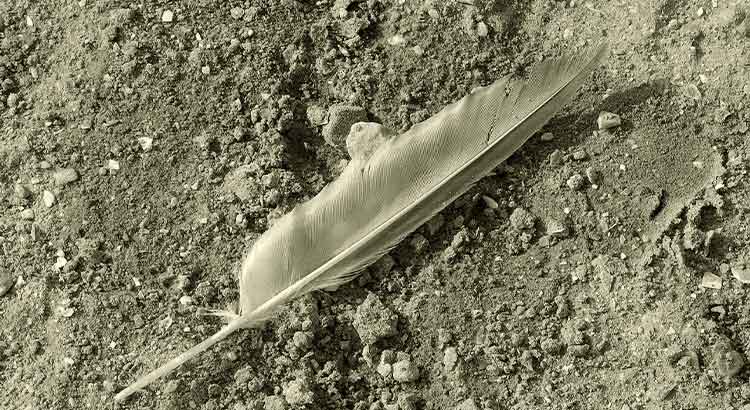I am still impressed by the feat of a translator who ruined my experience with the Yoga Sutra. I could not contain myself and researched about the man: I found, on the site of a British university, a photo where I could see him, bald and smiling, above a long text detailing everything he had studied from the cradle and all his venerable academic degrees—and to see how appearances can be deceiving: I was almost saying that the fellow reminds me of Buddha! My impulse was to look for a way to contact him, a phone number, e-mail address, or something else. I soon gave up the idea, but my spirit urged me to tell him: “Sir Master Doctor, your comments are simply unbearable! Reading your translation of the Yoga Sutra is like trying to watch a movie with someone pausing at each scene to explain all the details, the cast’s filmography, the cultural context of the story, the exact phase of the director’s wife’s menstrual cycle at the time of shooting… all this while we simply wish for the movie to happen, for one scene to follow in sequence to the other, so that we can connect them, understand them, and have direct contact with the movie! But you, no, you do not allow it at all! You pause the movie at every speech, for every sentence, you want to immediately explain the semantics of the words, the subliminal meaning of the inflections, the symbolic connotations of the dialogue… Sir, do the world a favor: stop commenting on books! Stop, please, stop immediately! Exonerate the readers from your comments!”
Tag: literature
A Single Accurate Verse Saves the Day
If prose gives some satisfaction by making work seem productive, it is nowhere near the real pleasure of composing a righteous verse that satisfies in form and conveys the desired idea or feeling. It does not matter how many hours one spends ruminating: a single accurate verse saves the day and cheers the spirit, repeating itself in one’s mind to infinity after the work session. Prose, on the other hand, does nothing but conjure up a truckload of problems after the brief and faint feeling of duty done. Incomparable…
Nietzsche’s Grandiose Madness
Although Schopenhauer’s poison has already impregnated itself absolutely in my literature, I appreciate much more the grandiose madness of Nietzsche, which demands a greater effort of the spirit and rewards with honor the very few capable of achieving it. To overcome nihilism and inoculate in the mind a resounding and definitive “yes,” to despise the petty and ephemeral hardships, to transform existence into a rotund exclamation,—even if it is necessary to contradict the rational:—all this seems more beautiful and more worthy of value.
The Poetry of Gonçalves Dias
The flaws in Gonçalves Dias’ poetry are not few. But much more numerous, much more abundant are the passages in which form and expression shine, and the poet unquestionably rises to the level of the best in the Portuguese language. Gonçalves Dias delights, above all, by the sincerity of his poetic expression, which is convincing and has nothing of affectation. An emotional and vigorous poetry, that deservedly was received as the best of its time on a national level and that touches, even more, when supported by a biography worthy of a poet.



